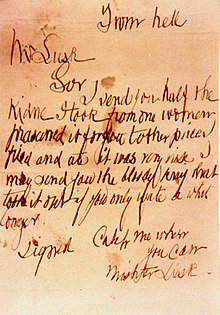
Why was I going to kill this guy? It seemed a simple enough question, but if I already knew the answer, I wouldn't have been asking myself and it would've already been done. That's how I operate. If I've raised the question, maybe I'm not done with this fellow yet. Maybe he just needs to be maimed.
These are the things some characters will put you through. Do you write a scene to accomplish a particular death in a particular manner? Perhaps you're giving another character the opportunity to display something about himself through this killing. Will it be difficult to do? Maybe he can't do it at all.
What sort of an impact are you trying to make, not just on the victim but the audience? Will it be a messy death? Will there be last words? Will it be quick or will Mr. Body linger on like Rasputin, requiring multiple efforts to put him down and keep him down? Did he suffer?

There have been times when I've found that I wanted to kill off minor characters to demonstrate not just an antagonist's willingness to kill people but also to alert readers that they shouldn't get so comfortable as to think I wouldn't kill off characters who seemed safe. Conversely, in another story I'm working on, I changed an opening fight sequence completely. Instead of having the protagonist kill attackers to show off her fighting prowess, the situation was changed to one that was important enough to her to fight but no longer life-threatening. In that way, the protagonist could show her skills and any killing that needs to come up later won't have it's impact lessened through overuse.

You don't have to explain it to the audience. You might find that it works better to leave the readers wondering why Joe had to go. If you're going to write it, though, you should know. You will only enhance your ability to tell whatever story you're writing by being able to answer any such question that comes up. That way, whatever situations arise and whatever choices you make to navigate them, you'll be able to know you had a good reason for it. If you happened to have made notes, when someone asks "What were you thinking?", you'll even have a prepared response.
No comments:
Post a Comment